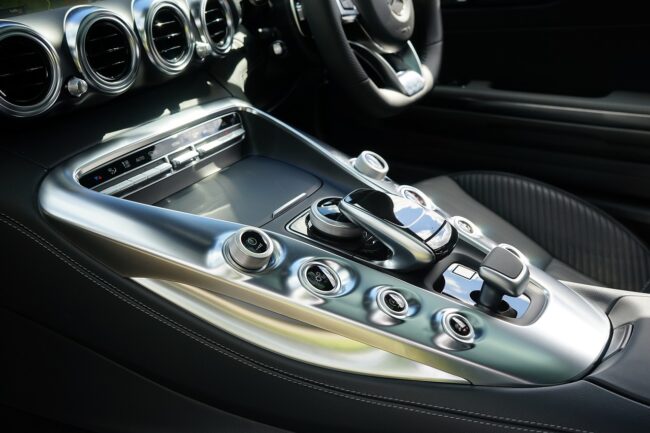
For many car owners, the type of oil used in their vehicles is very important, especially when they are faced with various options at the service center. One query that frequently arises is the compatibility of high mileage oil with newer cars. In this article, we’ll discuss about high mileage oil, its use, and whether it’s suitable for brand-new vehicles. Let’s explore about will high mileage oil hurt a new car.
Contents
Understanding High Mileage Oil
What Makes a Car ‘New’?
Pros and Cons of High Mileage Oil in New Cars
Manufacturer’s Recommendations
Conclusion
Understanding High Mileage Oil
High mileage oils are designed for vehicles with over 75,000 miles. But what distinguishes them from regular oils?

Key Components of High Mileage Oil
Additives and Seal Conditioners: Help rejuvenate worn-out engines.
Viscosity Modifiers: Ensure optimal oil thickness and flow.
Detergents and Dispersants: Prevent sludge and deposit buildup.
What Makes a Car ‘New’?
Defining a ‘new’ car for the context of motor oils:
New Car Characteristics
A vehicle within its first 20,000 to 30,000 miles.
Engines without signs of wear.
Vehicles under the manufacturer’s initial warranty.
Pros and Cons of High Mileage Oil in New Cars
Pros
Versatility: Suits mixed-vehicle households.
No Harmful Effects: Won’t damage new engines.
Preventative: Can delay engine wear.
Cons
Not Cost-Effective: You’re paying for unneeded additives.
Potential Overprotection: Might soften seals too much.
Suboptimal Performance: Might not run as efficiently.
Manufacturer’s Recommendations
Auto manufacturers’ oil recommendations are rooted in deep research:
Importance of Following Manufacturer’s Recommendations
Research-Backed: Recommendations come from extensive testing.
Warranty Concerns: Wrong oil might void your warranty.
Specific Needs: New engines might need particular oil types.

The Mileage Blocker: Advanced Technology with Untraceable Precision
Let me introduce you to a Mileage blocker – an extraordinary module that is capable to halt adding up mileage from all control units. What makes it special? It is able to do it all untraceably. Altered data remains untraceable unconditionally. The premium-quality module is created for useful purposes, such as testing your automobile without worrying about unnecessary miles displayed on the odometer. However, because of its flawless performance and reliability, it is used for malicious purposes. The producers of these tools do not recommend their unethical usage. What is the best advantage you get? The kilometers do not add up spontaneously after removing the module.
Conclusion
While high mileage oil might not hurt a new car, it’s not always the best choice. It’s vital to stick to manufacturer’s recommendations for your vehicle’s longevity and performance. Always consult your owner’s manual or a mechanic when uncertain
Latest Posts
- 1
- 2
Is Buying a Car with Over 100k Miles a Good Idea?
April 10, 2024 - 3
Why Are High Mileage Cars So Expensive? – A Guide
April 5, 2024 - 4
Where Is The Mileage Located In A Car?
April 3, 2024 - 5
Whats High Mileage in Vehicles?
March 29, 2024 - 6
What’s The Gas Mileage On A Smart Car: A Comprehensive Guide
March 27, 2024 - 7
At What Mileage Should You Sell Your Car?
March 22, 2024 - 8
Should You Buy a Car with Over 100k Miles?
March 20, 2024 - 9
Should You Buy a Car with 100k Miles?
March 15, 2024 - 10
Understanding ODO Meaning in a Car
March 13, 2024








